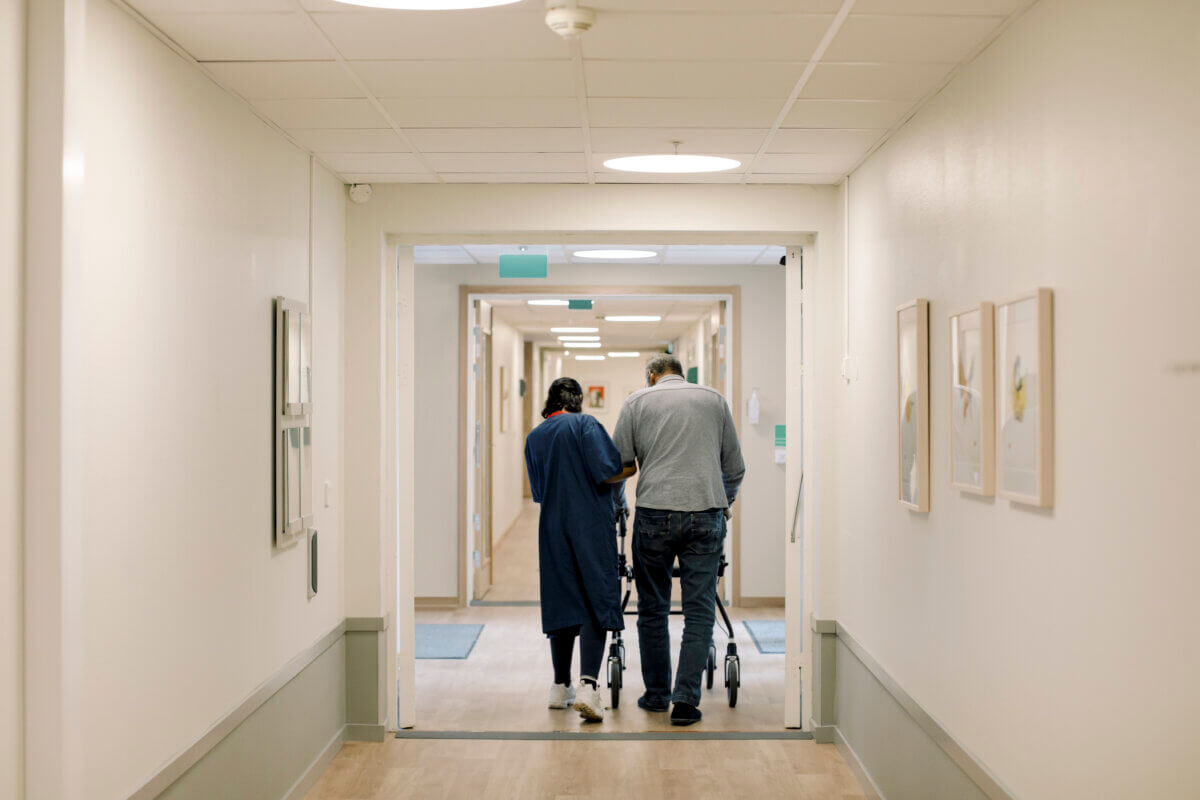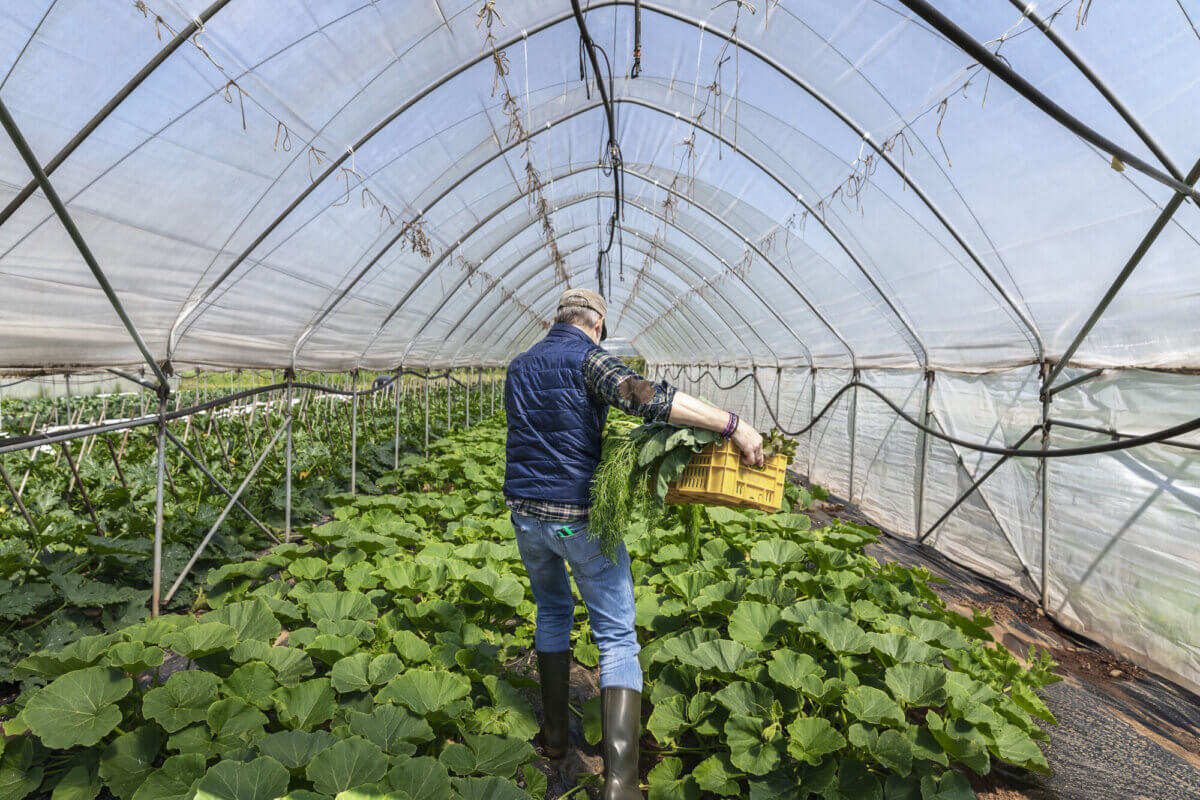Dutch government gives an update on hydrogen policy
On 29 June 2022, the Minister for Climate and Energy (‘the Minister’) published two letters to Parliament, informing the House of Representatives on the progress of regulation and development of hydrogen and on the development of a transmission system for hydrogen. In these letters, the Minister sets out his views and plans regarding the hydrogen market in the Netherlands, based on – amongst others – the outcomes of the online market consultation on the regulation of the hydrogen market. We highlight some of the key points mentioned in these letters.
Increasing hydrogen ambitions and scale-up development of hydrogen
The Minister stresses the importance of increasing hydrogen ambitions and scaling up the development of hydrogen from renewable sources pressured by the Russia-Ukraine conflict. Development of the (green) hydrogen market in the Netherlands should result in reduction of natural gas use and independence of Russian fossil fuels. To stimulate the development of a (green) hydrogen market in the Netherlands, the Minister states that he will strive to take important decisions within this calendar year pertaining to regulation, development and infrastructure of the hydrogen market.
In his letter on the progress of regulation and development of hydrogen, the Minister also follows up on a motion filed by two members of the House of Representatives to aim for diversification of hydrogen import to avoid dependence on hydrogen from one country only, by determining fixed and maximum shares of hydrogen offtake per country (learning from the dependency on Russian natural gas). At the moment, the Minister sees no reason to take these kind of measures since the prospect of a multitude of countries that can supply (green) hydrogen looks promising. The government will, however, carefully monitor market developments.
The Minister stresses the importance of international cooperation with neighboring countries such as Germany and Belgium, as well as with other EU member states and other (hydrogen producing and exporting) countries outside the EU.
Which hydrogen market activities will be regulated?
Outcomes of the market consultation
The Minister’s views and future policy on possible regulation and the development of the hydrogen market is based on the outcomes of the online hydrogen market consultation. In this consultation market parties and/or stakeholders were asked to answer several questions related to the different market activities within the hydrogen system, such as production (through electrolysis), transmission, storage and import facilities (e.g. terminals). The red line of these questions is whether regulation is required for this particular activity or not. In the letter on the progress of regulation and development of hydrogen, a summary of the outcomes of the market consultation is included.
The Minister points out in his letters that some of the governmental policy and possible legislative decisions depend on the final version of the review and revision of the EU Gas Directive 2009/73/EC and the EU Gas Regulation (EC) No 715/2009 i.e. the Hydrogen and gas markets decarbonisation package (‘EU decarbonisation package’), as introduced in December 2021. The Commission’s draft proposal of the EU decarbonisation package is currently in the negotiation phase.
No regulation for production (electrolysis) market activities, unless market failure occurs
The Minister will keep the production activities (through electrolysis) of (green) hydrogen unregulated. In the ‘Energy Bill’ which the Minister envisages to submit in the fourth quarter of this year, a provision will be inserted that electrolysis will primarily be a market activity and that only by way of a (very rare) exception a network company (i.e. a group company in which a system operator is one of its subsidiaries) can enter this market. Such an exception can be made in the event that market failure occurs. According to the Minister, this exception can give flexibility to restore or stimulate the market by public network companies.
Regulatory regimes and possible (partial) exemptions for existing private commercial hydrogen systems
With regard to existing hydrogen systems, the Minister distinguishes and describes three categories of existing private commercial hydrogen systems. Depending on which category an existing private commercial hydrogen system falls into, combined with the outcome of the legislative procedure of the EU decarbonisation package, regulation for these existing hydrogen systems will or will not be required.
- For existing private commercial hydrogen systems (including systems which are part of an existing vertical integrated company (i.e. a company in which production and transmission activities are combined)), the Minister currently does not signal any market failure. Due to their current size and limited geographic coverage, the Minister does not foresee competition between these systems and the national public transmission system.
- For new and geographically covered private hydrogen systems, the Minister envisages a similar procedure of exemption of regulation as is currently applicable to closed distribution systems for electricity or natural gas.
- Regarding new and large-scale private hydrogen systems to be installed and operated in the future, the Minister will look into the need and possibilities to exempt such systems from regulation through a (partial) exemption procedure. Important to note is that the Minister wishes to prevent market fragmentation and inefficient competition. Whether these exceptions are possible, depend on the outcome of the negotiations about the EU decarbonisation package.
Public companies will be provisionally allowed to participate in market activities regarding storage and/or import facilities
The reason for this is that the Minister finds that the development of the current hydrogen market is marked with great uncertainty. However, the Minister relies on enough competition within the storage and import terminal markets in the future, based on what respondents indicated in the public consultation. The Minister will keep monitoring whether public involvement is necessary and emphasizes that public involvement is only allowed in the event of market failure.
The Minister also notes that during the current negotiations regarding the EU decarbonisation package, he will try to steer towards a system of negotiated third party access (‘TPA’) for import facilities and a free choice for Member States to choose between negotiated and regulated TPA for storage facilities.
Realisation of certification schemes for hydrogen and other upscaling mechanisms
The Minister indicates that he will contribute to the realisation of certification schemes for imported hydrogen. For this, the requirements as drafted in the revised Renewable Energy Directive (‘RED II’) will be leading. On 31 May 2022, the senate passed a bill on implementing the provisions of the RED II introducing a system of guarantees of origin (‘GOO’) applicable to hydrogen (‘Wet implementatie EU-richtlijn hernieuwbare energie voor garanties van oorsprong‘).
In his letter, the Minister also describes what upscaling mechanisms (such as the DEI+ and the SDE++-subsidy) will be available to support the development of the hydrogen market in the Netherlands. The Minister sets out two timelines for these developments. The first timeline is the upscaling until 2025, for which period the government decided on a separate subsidy tender for projects up to 50 MW, as well as to support the use of renewable hydrogen in refineries. This tender is currently awaiting EU Commission’s approval as well as adoption of the relevant EU legislation (on establishing an EU methodology and criteria setting out detailed rules for the production of amongst others renewable hydrogen).
The second timeline is the upscaling of hydrogen from 2025 until 2030. The Minister will research and look into other mechanisms such as a mandatory use of renewable hydrogen, and a ‘contracts for difference’ possibility for the industry in this regard. More information will be given by the Minister this fall.
Transmission of hydrogen
In the outcomes of the market consultation, respondents indicated that for the development and operation of hydrogen transmission systems, regulation is advisable. The Minister anticipated this outcome by expressing the need of designating a hydrogen transmission system operator (‘TSO’). Next to the letter on the progress of regulation and development of hydrogen, the Minister also published a letter to Parliament on the development of a (high pressure) transmission system for hydrogen.
In this letter, the Minister starts with setting out three specific phases regarding the development of a national transmission system for hydrogen, in order to clarify when the required hydrogen infrastructure will be ready and available for companies (to meet supply and demand) and to guarantee system perspective. These three phases are:
- Phase 1: operational in 2025 – 2026, to connect the largest industrial clusters located on the coast that import or produce hydrogen and/or use hydrogen within their industrial processes. This part of the hydrogen infrastructure includes a link with large-scale storage facilities (Zuidwending salt cavern).
- Phase 2: ready in 2027 – 2028, to connect the Chemelot industrial cluster in the Limburg province and the Ruhr area in Germany.
- Phase 3: ready in 2030 at the latest, to connect other areas and to create a closed network in which hydrogen can be supplied from two sides (in order to increase security of supply).
Furthermore, the Minister confirms that HyNetwork Services (‘HNS’) will be given the task to develop and in future operate such a transmission system for hydrogen (i.e. assuming the role of a hydrogen TSO). HNS is a subsidiary of Gasunie, which is a group company, encompassing, GasunieTransport Services (‘Gasunie’), the current natural gas transmission system operator (‘TSO’) in the Netherlands. The future hydrogen infrastructure will be constructed by re-using existing Gasunie’s natural gas transmission pipelines (and converting these pipelines to transport hydrogen).
The Minister will set certain conditions to the designation of HNS and attaches great importance for hydrogen system operators to offer services and access on a non-discriminatory basis. When opting for negotiated TPA after 31 December 2030 (instead of opting for regulated TPA), the national regulator (the Authority for Consumer and Markets (‘ACM’)) will take measures to enable users of hydrogen systems to negotiate for access. Furthermore, as of 1 January 2031, member states will have to apply a methodology on the calculation of tariffs. Therefore the ACM will also have to determine the calculation methods for objective, competitive and non-discriminatory tariffs. These conditions are based on guiding principles derived from the Commission proposals.
(Regional) distribution of hydrogen
This particular activity sees foremost to hydrogen replacing natural gas in heating of buildings. The Minister notes that he is working on legislation for the regional distribution of hydrogen. Projects related to the development and operation of hydrogen distribution systems that will start before the required legislation will enter into force, will be tolerated by the ACM.
What is next?
The main message of both Ministerial letters is that the Dutch government is willing to step up to national hydrogen ambitions and the development of the hydrogen market. However, as mentioned above, most policy and regulatory aspects depend on the outcome of the EU decarbonisation package.
New updates and developments will undoubtedly follow. We will keep you informed on future legislative and policy developments of the hydrogen market in the Netherlands.
If you have any questions regarding this news article, please feel free to contact Léone Klapwijk or one of our other members of the Van Doorne Hydrogen Team.



